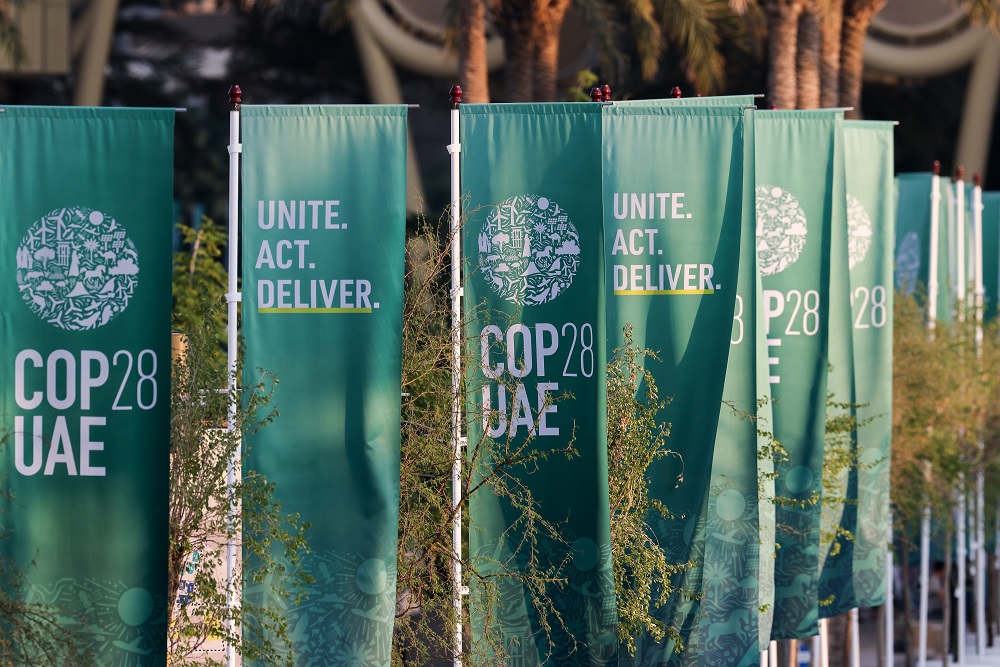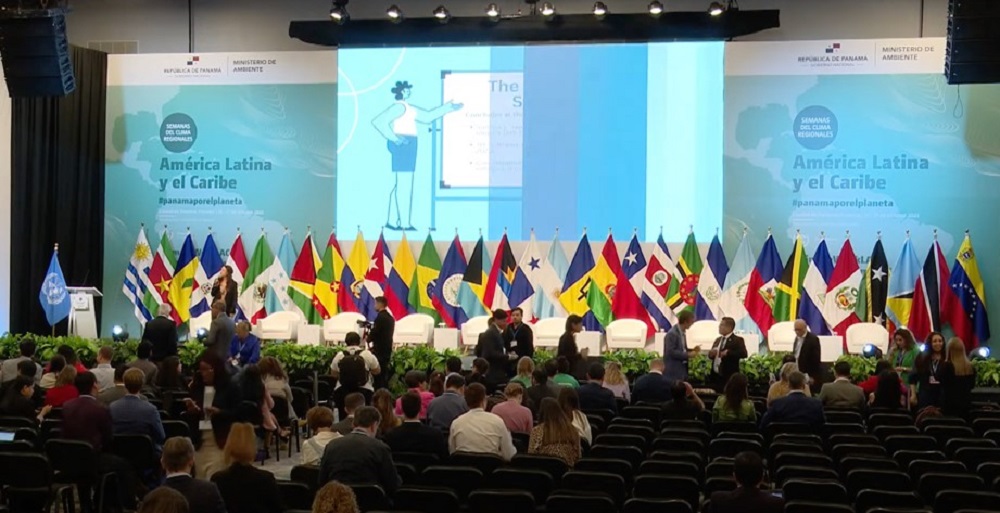Experts convene at ICIMOD to address human mobility challenges in the region

Policymakers and experts from Bangladesh, Bhutan, Myanmar, Nepal, and Pakistan stress the need to integrate human mobility in national policies on climate change, disaster risk reduction and sustainable development across the region
Kathmandu, 15 September 2017
In 2016, natural disasters such as floods and earthquakes forced more than 24 million people globally to leave their homes. This level of disaster displacement and environmental migration poses significant regional challenges in the 21st century.
To discuss and address these challenges, a two-day regional workshop ended today at the ICIMOD headquarters in Kathmandu.
The workshop – entitled ‘Human Mobility in the Context of Climate Change Adaptation, Disaster Risk Reduction, and Sustainable Development Goals (SDGs) in the Hindu Kush Himalaya’ – brought together more than 30 policy makers and experts from Bangladesh, Bhutan, Myanmar, Nepal, and Pakistan. The forum provided a platform for government officials to share their experiences and learn how to address human mobility, including displacement and migration, in national policies.
The workshop acknowledged that the adverse impacts of climate change are leading to increased frequency and intensity of disasters, and these impacts expected to be disproportionately forceful in developing countries, especially among the poor and vulnerable populations. People will respond to these impacts with a combination of strategies, including mobility. Human mobility manifests in various forms in communities affected by disasters and environmental change: evacuation, temporary or protracted displacement, migration as adaptation, internal or cross-border movement, planned relocation and other types.
The workshop concluded with recommendations to integrate human mobility provisions in national policies and programmes to implement their respective countries’ international commitments regarding climate change adaptation, disaster risk reduction, and the Sustainable Development Goals.
The workshop was hosted jointly by the Ministry of Population and Environment (MoPE) of the Government of Nepal, International Centre for Integrated Mountain Development (ICIMOD), International Organization for Migration (IOM), Nepal Institute of Development Studies (NIDS), and Platform on Disaster Displacement (PDD). National-level workshops in the coming months will follow-up on the recommendations elaborated in Kathmandu.
###
Notes to Editors
International Centre for Integrated Mountain Development (ICIMOD)
[ICIMOD is a regional knowledge development and learning centre serving the eight regional member countries of the Hindu Kush Himalaya (HKH) – Afghanistan, Bangladesh, Bhutan, China, India, Myanmar, Nepal, and Pakistan – based in Kathmandu, Nepal. Globalization and climate change have an increasing influence on the stability of fragile mountain ecosystems and the livelihoods of mountain people. ICIMOD aims to assist mountain people to understand these changes, adapt to them, and make the most of new opportunities, while addressing upstream and downstream issues. ICIMOD supports regional transboundary programmes through partnerships with regional partner institutions, facilitates the exchange of experiences, and serves as a regional knowledge hub. We strengthen networking among regional and global centres of excellence. Overall, we are working to develop economically and environmentally-sound mountain ecosystems to improve the living standards of mountain populations and to sustain vital ecosystem services for the billions of people living downstream – now and in the future.]
Ministry of Population and Environment (MoPE) of the Government of Nepal
The MoPE is the mandated government agency of Nepal for overall implementation and oversight on population management, environment protection and management, climate change mitigation and adaptation. MoPE also supports knowledge generation in the fields of hydrology and meteorology, promotes renewable energy and pollution control. It is also the focal institution for more than 25 international multilateral environmental agreements.
International Organization for Migration (IOM)
The IOM, the UN migration agency, is the leading inter-governmental organization in the field of migration and works closely with governmental, intergovernmental and non-governmental partners. With 166 member states, a further 8 states holding observer status and offices in over 100 countries, IOM is dedicated to promoting humane and orderly migration for the benefit of all. IOM has been addressing the links between migration, environment and climate change for more than 25 years on all fronts, research, policy and operational and at all levels, global, regional and national. IOM is also engaged in a number of partnerships, through the Migrants in Countries in Crisis (MICIC) Initiative, and with the Platform on Disaster Displacement (PDD).
Nepal Institute of Development Studies (NIDS)
The NIDS has been focusing on sustainable and integrated development models for Nepal. NIDS contributes to the development process by conducting research, implementing effective programs to create environment through initiation, facilitation and coordination of activities, and advocating on equitable development strategies.
Platform on Disaster Displacement (PDD)
http://disasterdisplacement.org/
The PDD is a state-led process that is working towards enhanced cooperation, coordination and action to improve the protection of people displaced in the context of disasters and the adverse effects of climate change. Its main goal is to follow up to the Nansen Initiative and support States and other actors in implementing the Nansen Initiative Protection Agenda that was endorsed by over 100 States in October 2015. PDD promotes concerted efforts at the national, regional and international levels among stakeholders dealing with a broad range of policy and action areas including humanitarian assistance and protection, human rights, migration management, refugee protection, disaster risk reduction, climate change mitigation and adaptation, and development.
Read the Forum Report
For further information please contact
Soumyadeep Banerjee, ICIMOD, Soumyadeep.Banerjee@icimod.org
Sudina Shakya, ICIMOD, Sudina.Shakya@icimod.org
Sabira Coelho, International Organization for Migration scoelho@iom.int
Chirine El Labbane, Platform on Disaster Displacement, chirinee@unops.org
Ganesh Gurung, Nepal Institute of Development Studies, ganesgrg@mos.com.np
Shiv Raj Neupane, Ministry of Population and Environment, rnsnap@gmail.com
Download the event concept note
 Loading...
Loading...
Download the event agenda
